I stood in front of my grandson’s father. “I thought mine was the last polio generation.” I was ashamed, but I took off my coat and dangled my paralyzed arm front and center. “Is this what you want for your son?”
He’d informed me that the boy’s mom is against childhood vaccinations for measles, mumps, rubella. And polio. My heart broke as I tried to convince him to vaccinate his only child. I was willing to let the whole world see what I’d always hidden—my skinny, deformed arm and partially dislocated shoulder, my baby-sized fingers with the non-opposable thumb. The same arm that in my teen years would’ve made me “datable” if not for my defective body.
My son’s amenable, but the mom still says no vaccinations. My heart still breaks for my precious grandson. If he contracted paralytic polio, I’d love him just as much. But I’d mourn for the leper’s life he’d be facing.
In 1952, the year I was born, polio maimed or even killed thousands of children across the United States and Canada. My city, Phoenix, Arizona, suffered about 52,000 cases that year. Mothers forbade their kids to swim in public pools or gather in enclosed spaces. If your home was quarantined with a polio outbreak, your neighbors or family might shun you, for fear they’d be next.
Even on her deathbed, my mother thought she’d done something to cause the polio I contracted when I was eight months old. Permanent paralysis only happened after the virus crossed the blood/brain barrier, randomly killing off neurons along the spinal cord. If you were lucky, polio didn’t result in permanent paralysis. Many who contracted the disease only experienced flu-like symptoms, which passed in a few days.
Guess I wasn’t lucky.
The virus left me with one arm paralyzed and significant weakness in my diaphragm, upper back and right leg
I became one of thousands of kids who’d never again walk, clap their hands or breathe normally. And now, if a known antivaxxer is confirmed to lead the nation’s health department, there may be thousands more.
Yet many today don’t think polio is a threat. Less than three years after my polio, the Salk vaccine arrived. In 1954 and 55, trials, known as Polio Pioneers, began. By the time my little sister was born in 1956, the vaccine made it possible for Americans to forget the past. And they did.
But my paralysis remains. I’ve always rejected sympathy, pity and often, much needed help. As an eight-year-old, I listened in the night to my mother’s wails that it was her fault I got polio. I then cried myself to sleep—my very existence was shameful, like leprosy.
Back then, I decided I must have done something to make God mad. After all, I often faked the daily strengthening exercises I was supposed to do. Deep down, I knew nothing would make those muscles stronger. And I was terrified I’d become a modern-day leper.
In biblical times, leprosy meant you were unclean. Being unclean meant society shunned you; labeled you “less than.” Being ostracized by your community had to be even more painful than having your nose fall off. Leper meant you couldn’t hold a job or share in community activities.
Do we really want more kids paralyzed by polio?
Thankfully, we polios cleverly hide our leprosy. For some, it’s a challenge—pretty hard to mingle from your iron lung. Like going to dinner in Jesus’ day, but oops—your leprous nose inconveniently falls into the soup.
I hide my paralysis under clothing and no one’s the wiser until I try to serve a tennis ball or play the violin. Once, I tried out for the volleyball team. I was doing OK until one player kept yelling, “Both hands, moron!” She might as well have screamed, “Leper in the house!” And I can hardly bear to mention that rotten boyfriend who asked if I swim in a circle.
For years I’ve dodged labels—crip, spaz, or worse. I’ve done pretty well at it, too, even though like a bunch of us old polios, I suffer from polio’s late effects. Most of us know younger doctors who’ve never seen or treated an active case of polio.
Too many don’t remember the heavy metal braces, iron lungs or fear that tore through pre-vaccine communities. Survivors like me are becoming rarer as the years go by. Perhaps in some minds, the twentieth century polio epidemics are manufactured or exaggerated. Was it really that bad?
Yes. The paralysis and shame that polios live with is very real. With the new administration conducting confirmation hearings for a professed anti-vaxxer, I’m shocked that I can’t convince my own grandson’s mom to vaccinate against polio. I’m saddened that my physical deformities and paralysis don’t convince more parents to vaccinate. I’m furious that polio was on the verge of being eliminated but now may resurge.
The vaccines prove that polio is preventable. Polio survivors’ shame is real, a modern-day version of leprosy. I don’t know if polio will make a comeback. But if vaccination rates continue to fall (aided by anti-vax pseudo-science), the polios paralyzed in my generation, like me, won’t be the last.





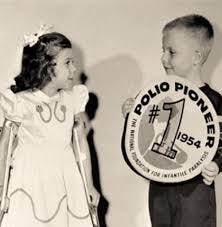
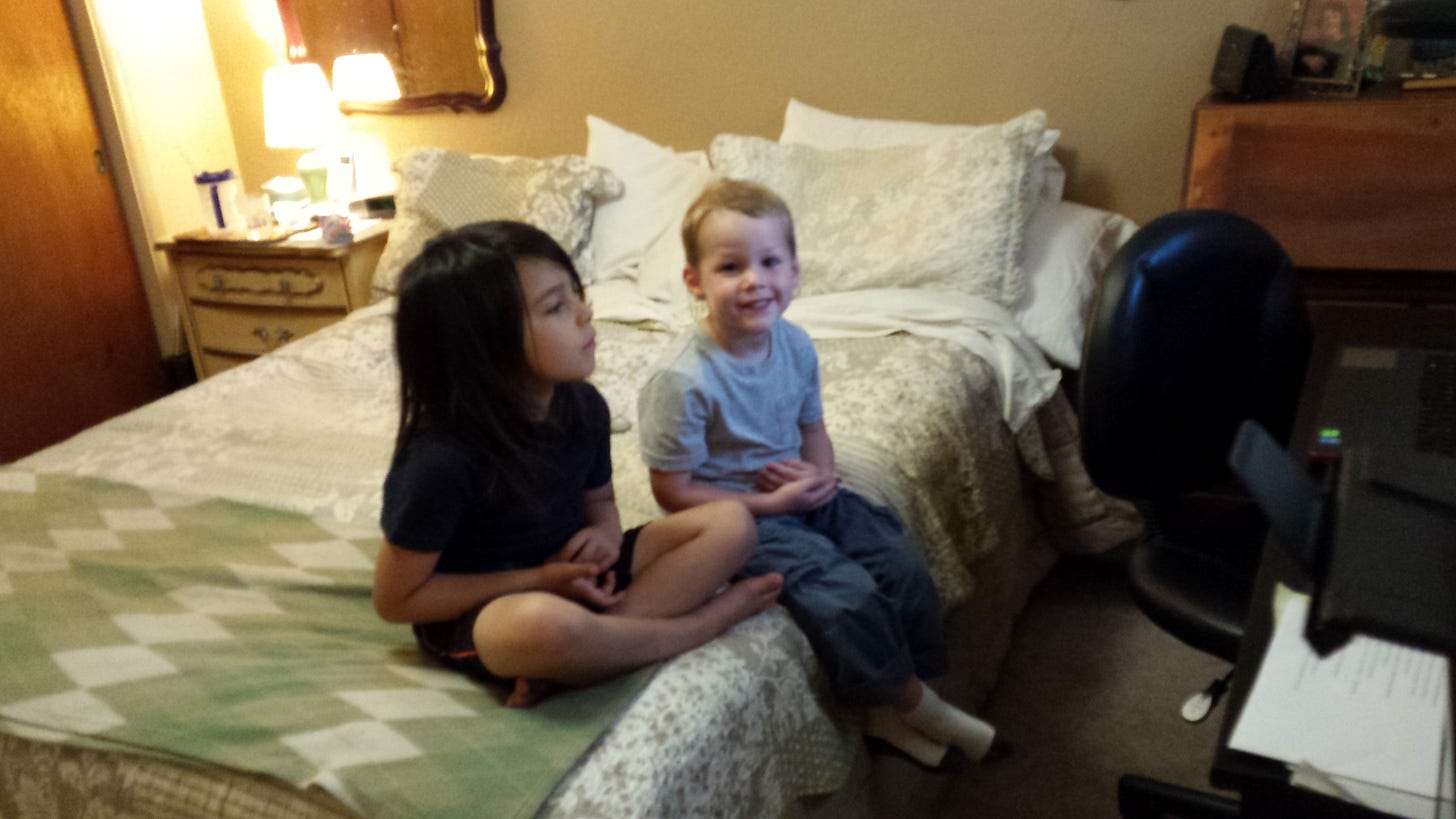
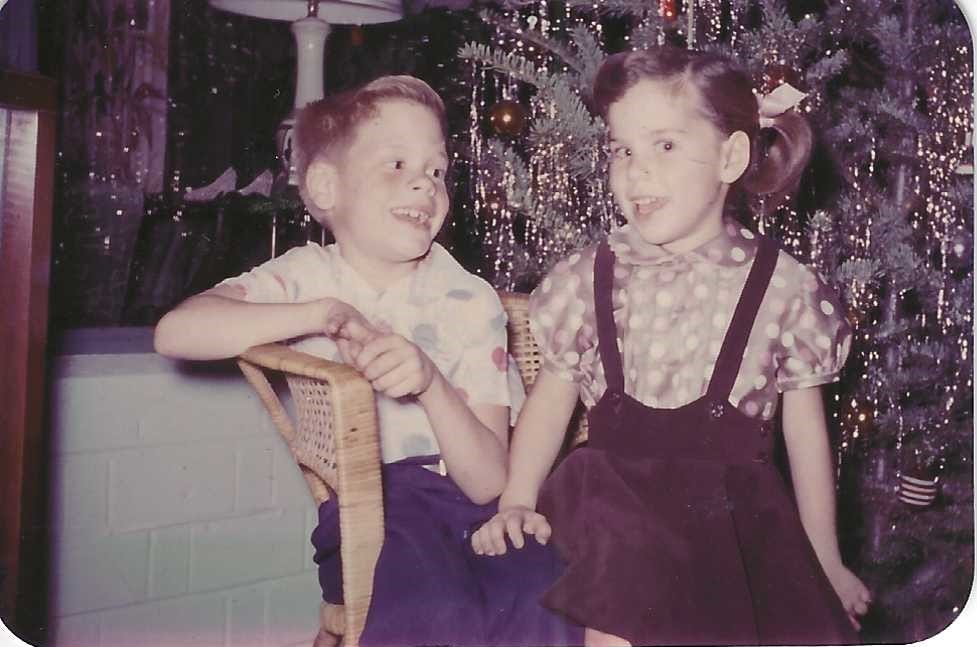
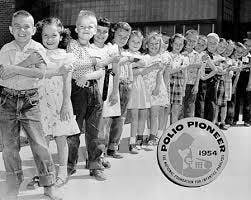

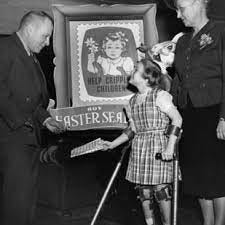
Keep writing & keep speaking out.
You are an important & vital voice.
We are in a crisis on nearly every level in our country (& in the world).
My prayers include you & your family everyday.
My oldest brother had polio as a baby. He was lucky enough to survive but his legs were partially paralyzed and he had to wear braces. At 65 he dies from post polio syndrome.
I can't believe some people want to go backwards. Maybe we should start having surgeries with no anesthetics too.